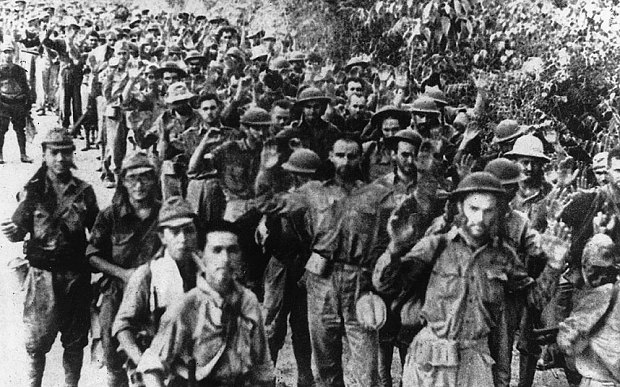The Imperial Japanese Army was served by thousands of men from Japan’s colonies during the early 1900s, many of whom held the role of concentration camp guard.
After the Allied forces defeated the Japanese, a total of 321 colonial members of the Japanese army were convicted of war crimes, many of which included the mistreatment of their prisoners. Of those convicted, 23 Koreans and 26 Taiwanese were executed.
In 1955, a number of colonial veterans who had been in the Japanese army set up a group that they named Doshinkai in order to demand the government to apologize to them for being forced to join the army, and therefore later be charged with war crimes. The Doshinkai group were also looking for compensation for the damage that was done to their reputations.
Chairman of Doshinkai, Lee Hyok-rae, aged 89, noted that of the 70 original members, only 5 are still around. He explained that he wants the honor of the remaining members of the group to be restored, but, with so few members left, time is running out.
He further explained that while other Japanese veterans who were convicted of war crimes currently receive a pension each month, those who are non-Japanese nationals do not receive as much.
Arthur Lane from Stockport, a former British POW who had been captured by the Japanese, wholeheartedly disagrees. Lane explains that of all guards in the camps, the Formosans and Koreans were the most abusive.
Lane had been with the Manchester Regiment as a bugler, and was captured by the the Japanese in February, 1942 during the fall of Singapore. Lane, aged 94, had worked on the ‘Death Railway’ which was built by 12,000 POWs and 9,000 Asian labourers. It was a 258 mile railway that was built from Thailand to India as an invasion route for the Japanese.
Lane’s reasoning for colonial army members dealing out the worst punishment is that they were looked down on by the Japanese and took it out on the prisoners.
As a POW, Lane routinely bugled at his fellow prisoners’ burials, and witnessed first hand hundreds of killings and torturous beatings, some of which were inflicted on him, The Telegraph reports.
Lane has no sympathy for the Doshinkai as they were aware of what they were doing and had volunteered for the role of guard. They took advantage of the POWer they had and worked to gain the respect of the Japanese.
He does not believe the group will receive or deserves compensation or an apology for being charged with the crimes they have committed.
